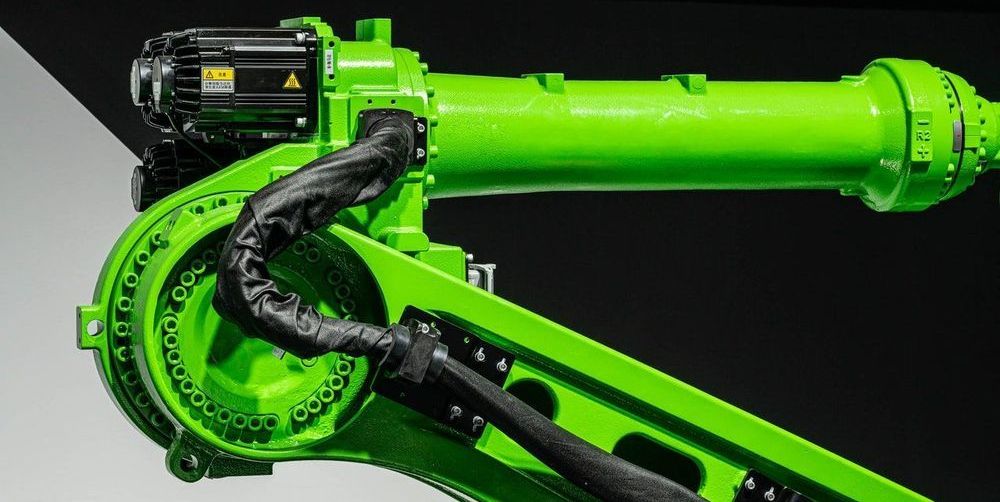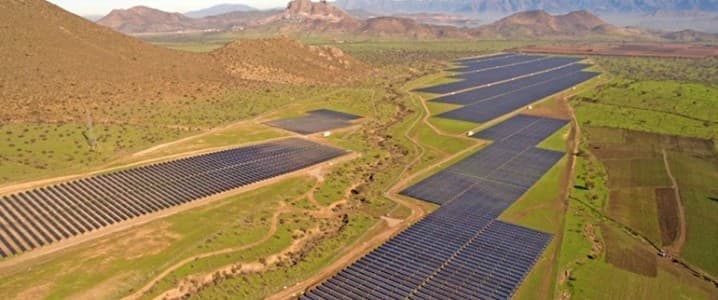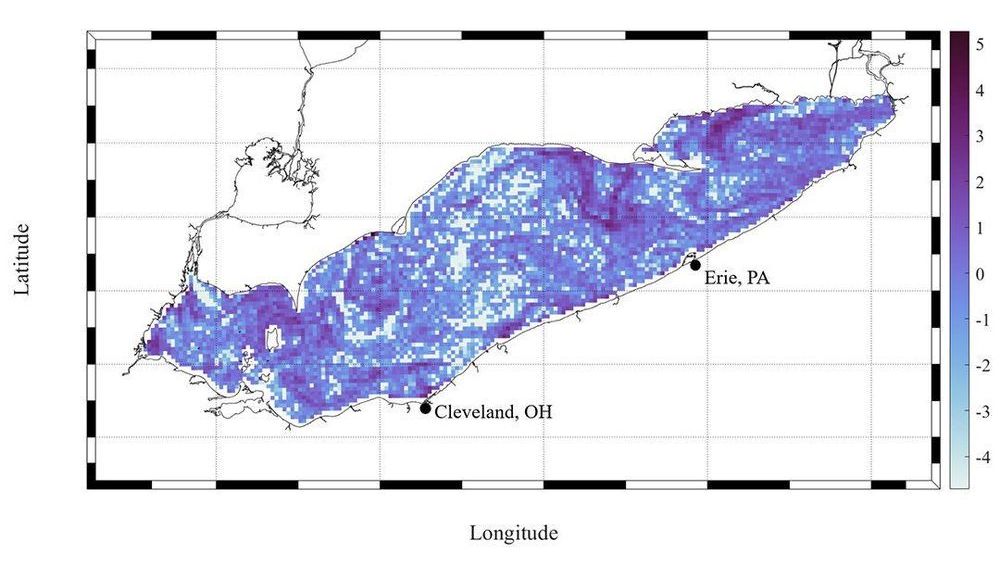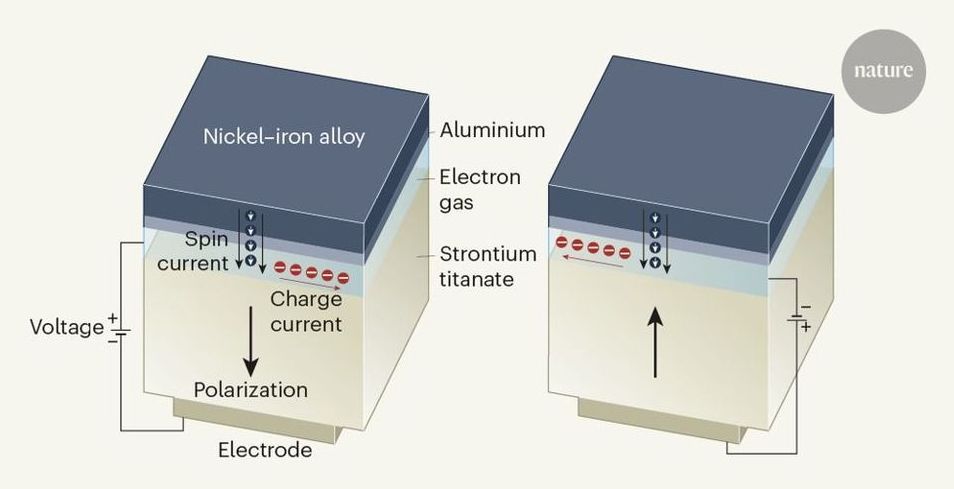Google announced in late 2010 that for the past year, Californian drivers had been sharing the road with a secret self-driving car project. Many years and one death at the hands of rival Uber later, we can finally see 2009’s testing footage.


Google announced in late 2010 that for the past year, Californian drivers had been sharing the road with a secret self-driving car project. Many years and one death at the hands of rival Uber later, we can finally see 2009’s testing footage.



North Korean dictator Kim Jong Un is in a “vegetative state” after he underwent heart surgery earlier this month, a Japanese magazine says.
The weekly Shukan Gendai reported Friday that a Chinese medic sent to North Korea as part of a team to treat Kim believed a delay in a simple procedure left the leader severely ill, Reuters reported.
North Korean media hasn’t mentioned Kim’s health or whereabouts, even though reports by other media have sparked international speculation about his well-being.

Even giant economic powerhouses have not been spared, with California—one of the wealthiest states in the United States thanks to its booming tech sector—having obliterated all its job growth over the last decade in just two months.
But now a renewable energy think-tank says directing those stimulus dollars to renewable energy investments could not only help tackle global climate emergency but spur massive economic gains post-Covid-19 for decades to come.
The International Renewable Energy Agency (IRENA) —an organization dedicated to promoting global adoption of renewable energy and facilitating sustainable use—says that it will cost the global economy $95 trillion to help return things to normal.

Rochester Institute of Technology scientists have developed the first three-dimensional mass estimate to show where microplastic pollution is collecting in Lake Erie. The study examines nine different types of polymers that are believed to account for 75 percent of the world’s plastic waste.
Plastic behaves differently in lakes than in oceans; previous studies on both have indicated the levels of plastic pollution found on the surface are lower than expected based on how much is entering the water. While massive floating “islands” of accumulated plastic waste have been found in oceans, previous studies have indicated the levels of plastic pollution found on the surface of Lake Erie are lower than expected based on how much is entering the water.
The new RIT estimate for the 3D mass—381 metric tons—is more than 50 times greater than the previous estimates at the surface. The study also generated the first estimate of how much plastic is deposited on the bottom of the lake. It accounts for the unique properties of different types of plastics and shows that the three polymers with the lowest density—polyethylene, polypropylene and expanded polystyrene—accumulate on the surface of the lake while the other six polymers were concentrated in the sediment.



Download the full report here.
In 2017, Bellingcat and Transparency International UK published their joint report, “Offshore in the UK”, describing the phenomenon of Scottish Limited Partnerships (“SLPs”) and their use as a mechanism in global money laundering scandals and a range of illicit activities. Since then, SLPs have continued to be implicated in further scandals, perhaps most notably the Azerbaijani Laundromat, a scheme where $2.9 billion was laundered through UK companies.
In the same year, SLPs became obliged to register their Person of Significant Control at Companies House, and the boom in registrations ended. The government subsequently ran a public consultation into limited partnerships, and published its conclusions in December 2018. Currently, SLP registrations are at their lowest level since 2010. Nevertheless, a lack of regulation allowed thousands of opaquely owned partnerships, typically with no tangible link to the Uk, to flourish over a seven year period. We do not have the details of the business activities of these SLPs, who controlled them, or who their true beneficial owners are.

:oooo.
New infrastructure upgrades were completed at Lhasa-Gonggar earlier this year, satellite imagery from Planet Labs shows. Workers at the civil-military airfield widened a road and built an additional parking apron near the base of the mountain.
Earlier this month, India’s Hindustan Times reported that China had built an underground facility to house fighter aircraft at the airport. Quoting three unnamed officials, the report said that an underground hangar was large enough to hold up to 36 aircraft.
That assertion however is inaccurate. Imagery shows the new parking apron with markings indicative of parking positions for up to thirty-six aircraft, but does not show activity to tunnel into the mountain to create a hardened hangar. To date aircraft have not relocated to the apron nor have any additional aircraft deployed to the airbase as a result.